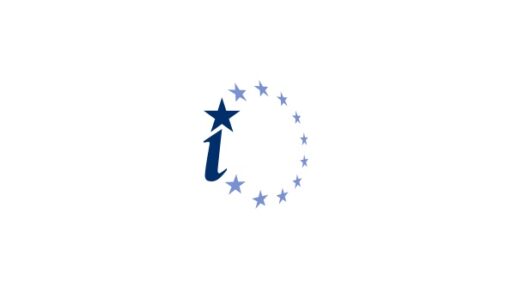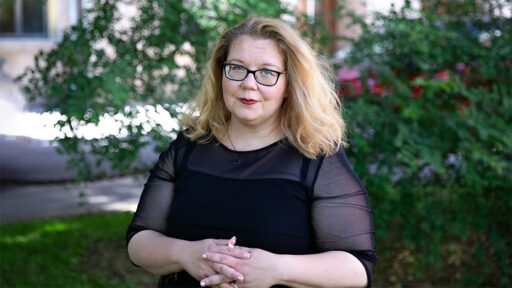EU Council to discuss the Baltic Sea Strategy, Somalia, Iran and Georgia
Government Communications Unit
Ministry for Foreign Affairs
Press Release 216/2009
24 July 2009
The EU General Affairs and External Relations Council (GAERC) will meet in Brussels on 27 and 28 July. The main themes of the meeting are the EU Strategy for the Baltic Sea Region and the situation in Somalia, Iran and Georgia. Foreign Minister Alexander Stubb and Minister of Migration and European Affairs Astrid Thors will represent Finland at the Council meeting.
The Council will discuss the Presidency priorities set by Sweden which took over the EU Presidency in July. Main priorities of the Swedish Presidency are the economy, employment and climate. Key themes for Finland include the implementation of the Lisbon Treaty, preparations for the United Nations Climate Change Conference to be held in Copenhagen in December, and managing the financial crisis. The December European Council is to adopt the new multi-annual programme, to be known as the Stockholm Programme, on Justice and Home Affairs.
The GAERC Council will discuss the EU Strategy for the Baltic Sea Region and the associated Action Plan promoting cooperation around the Baltic Sea. The strategy forms a central instrument for Finland’s Baltic Sea policy and a channel for exerting influence. Finland stresses the importance of tackling maritime environmental problems and action to stop eutrophication and to improve safety at sea. Adequate, efficient, well-allocated and flexible financing is necessary to implement the strategy. The EU Strategy for the Baltic Sea Region is to be adopted by the European Council in October.
Iceland has decided to apply membership of the European Union. On 17 July in Stockholm, Iceland handed its membership application to Sweden which currently holds the EU Presidency. The Council is expected to approve that the application be forwarded to the European Commission which will later issue an opinion on the application. It is possible to reach a decision on initiating accession negotiations at the December European Council. Finland supports Iceland’s EU membership.
The Ministers are expected to have a broad debate on a comprehensive EU approach to Somalia. Concrete issues on the agenda will include the appointment of a EU Special Representative for the Horn of Africa and the EU’s support for the implementation of the Djibouti peace agreement and the Somali security sector reform. Finland supports these initiatives.
The Council will also discuss the situation in Iran after the presidential election, including people held in custody in Tehran after the election, and the country’s nuclear programme. Finland continues to support a coherent EU reaction and considers it the most efficient way of conveying a message to the Iranian government. As far as the nuclear programme is concerned, it is important to keep pursuing the ‘double-track policy’ which includes imposing sanctions on Iran in parallel to making efforts to seek settlement to the situation. In this context, too, Finland emphasises the importance of the EU’s unity and embraces cooperation between the EU and the USA.
The Council agenda will also include the situation in Georgia. The Council is to decide on the extension of the EU Monitoring Mission (EUMM) mandate. The EUMM is currently the only international monitoring mission in the area. Finland considers continued international presence in Georgia important. The EU Monitoring Mission needs to be strong and efficient enough both geographically and functionally.
Further information: Sanna Ek, Counsellor, EU Affairs, Government Secretariat for EU Affairs, tel. +358 9 1602 2150, and Markku Lampinen, Counsellor, Ministry for Foreign Affairs, tel. +358 9 1605 5330 or +358 40 7266 124


